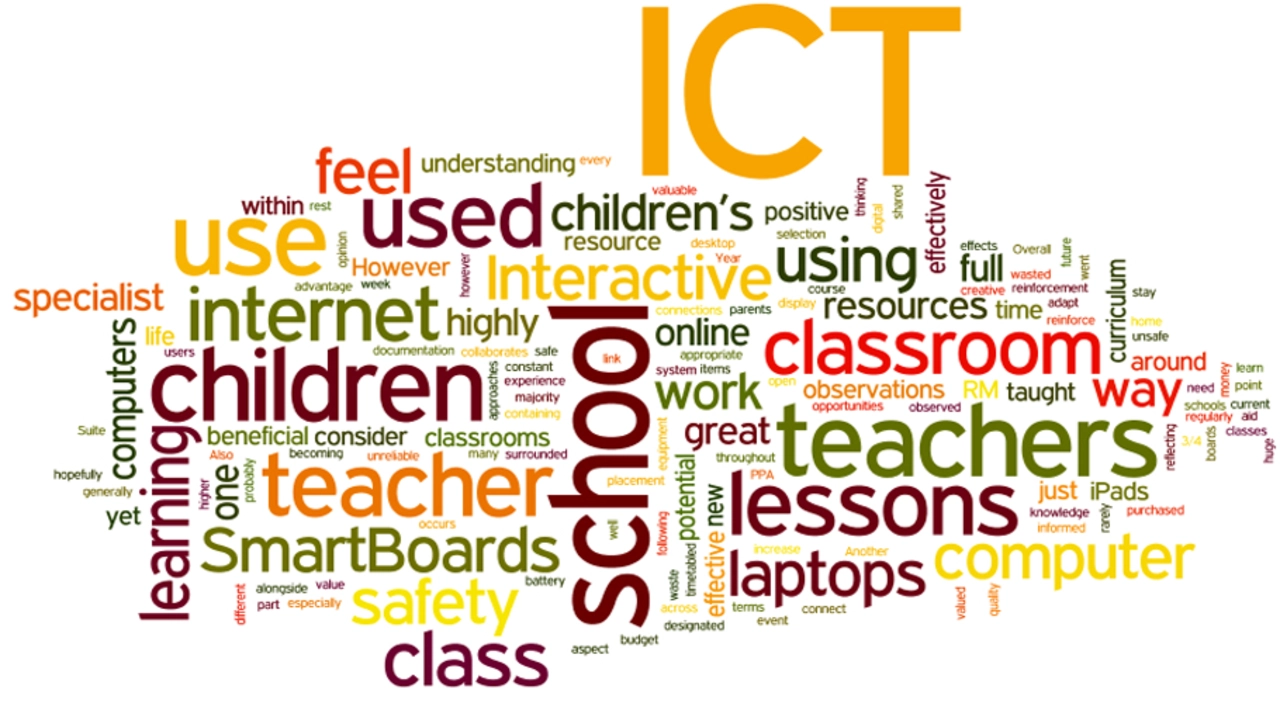Breaking Down the Complexity of Information Technology
As we continue to progress into the digital age, information technology (IT) has become an integral part of our daily lives. From our smartphones to our laptops, IT is everywhere, and it's not hard to see why it can be so difficult to understand. In this article, we will delve into the reasons why IT can be so challenging and explore ways to make it more accessible for everyone.
1. Ever-Evolving Technologies
One of the main reasons why IT is so difficult is due to the constant evolution of technologies. With new advancements being made every day, it can be tough to keep up with the latest trends and best practices. This rapid pace of change can make it hard for people to grasp new concepts, as they may feel overwhelmed by the sheer volume of information. Moreover, as technology continues to advance, so does the complexity of the systems and processes involved. This can create a steep learning curve for those who are new to the field or are simply trying to keep up with the changes.
2. The Multitude of Programming Languages
Another factor contributing to the difficulty of IT is the vast number of programming languages and frameworks available. From Java to Python, C++ to Ruby, there are countless languages to learn, each with its own unique syntax and structure. This can be daunting for beginners, as they may struggle to determine which language is best suited for their needs and how to become proficient in it. Furthermore, as new languages and frameworks are developed, the landscape of IT continues to change, making it even more challenging to stay up-to-date with the latest tools and techniques.
3. Cybersecurity Threats and Concerns
As our reliance on IT grows, so too does the importance of cybersecurity. With the increasing number of data breaches and cyberattacks, IT professionals must stay vigilant in protecting sensitive information and ensuring the security of the systems they manage. This requires a deep understanding of various security protocols, encryption methods, and best practices for safeguarding data. The ever-evolving nature of cybersecurity threats makes it difficult for even seasoned IT professionals to stay ahead of potential risks, adding another layer of complexity to the field.
4. The Need for Cross-Disciplinary Knowledge
Information technology is a field that often requires knowledge from various disciplines, such as computer science, mathematics, engineering, and even psychology. This cross-disciplinary approach can make IT more difficult to learn and understand, as it requires individuals to be well-versed in multiple areas of study. Additionally, IT professionals often need to collaborate with colleagues from diverse backgrounds, adding to the challenge of navigating the intricacies of different disciplines and their unique terminologies.
5. High Expectations for Problem Solving
Lastly, IT professionals are often tasked with solving complex problems that can require critical thinking, creativity, and strong analytical skills. This high level of problem-solving can be difficult for some individuals, as it involves breaking down complex issues into smaller, more manageable tasks, and developing innovative solutions to address them. Moreover, IT professionals must be able to adapt to changing circumstances and continually learn new skills, making the field even more challenging to master.
In conclusion, information technology is a complex and ever-evolving field that can be difficult to understand for numerous reasons. However, by recognizing these challenges and embracing the opportunities for growth and learning they present, we can work towards making IT more accessible and enjoyable for everyone. Whether you're a seasoned IT professional or just starting your journey in the field, remember that the challenges you face are what make the world of IT so exciting and rewarding.
